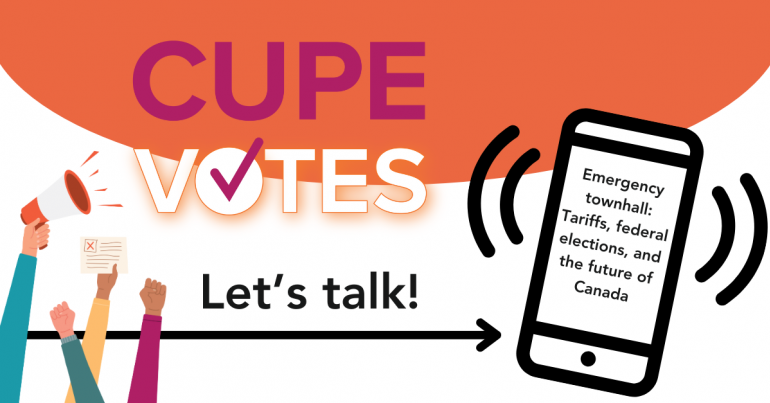 More and more Canadians are employed in precarious work—patching together a living from part-time, temporary, freelance and gig economy jobs. It doesn’t have to be this way.
More and more Canadians are employed in precarious work—patching together a living from part-time, temporary, freelance and gig economy jobs. It doesn’t have to be this way.
Why it matters
- More than half of CUPE members are precariously employed, or feel their job is vulnerable.
- Approximately one-third of CUPE members work part-time.
- While economic growth has normalized since the recession, wages have stagnated for most workers. Most wage gains have gone to higher income managerial positions, and not front-line workers.
How current policy is falling short
- Finance Minister Bill Morneau told workers that they were simply going to have to get used to ‘job churn’.
- Trudeau’s government highlights that our national unemployment rate has reached a 40-year low (5.8 per cent), but doesn’t acknowledge the lower quality of employment, or wage stagnation.
What should be done
- Federal leadership on employment standards—we need a $15 federal minimum wage, equal pay for part-time and temporary workers, increased resources put towards enforcement of employment standards.
- Ensure that all temporary work permits are open work permits, so that migrant workers can freely leave exploitative employment situations.
- Regulate gig economy employers, such as Uber, to ensure workers are not being exploited.
- Make it easier for workers to join a union.
- Create a universal threshold of 360 hours for Employment Insurance to ensure that it is available to more workers when they lose their jobs
- Expand access to training and invest in literacy and essential skills. This will help workers who need it most, support economic growth, and increase productivity.
- Work with the provinces to reduce and eventually eliminate tuition for post-secondary education so that all workers can access the education and training they need.



